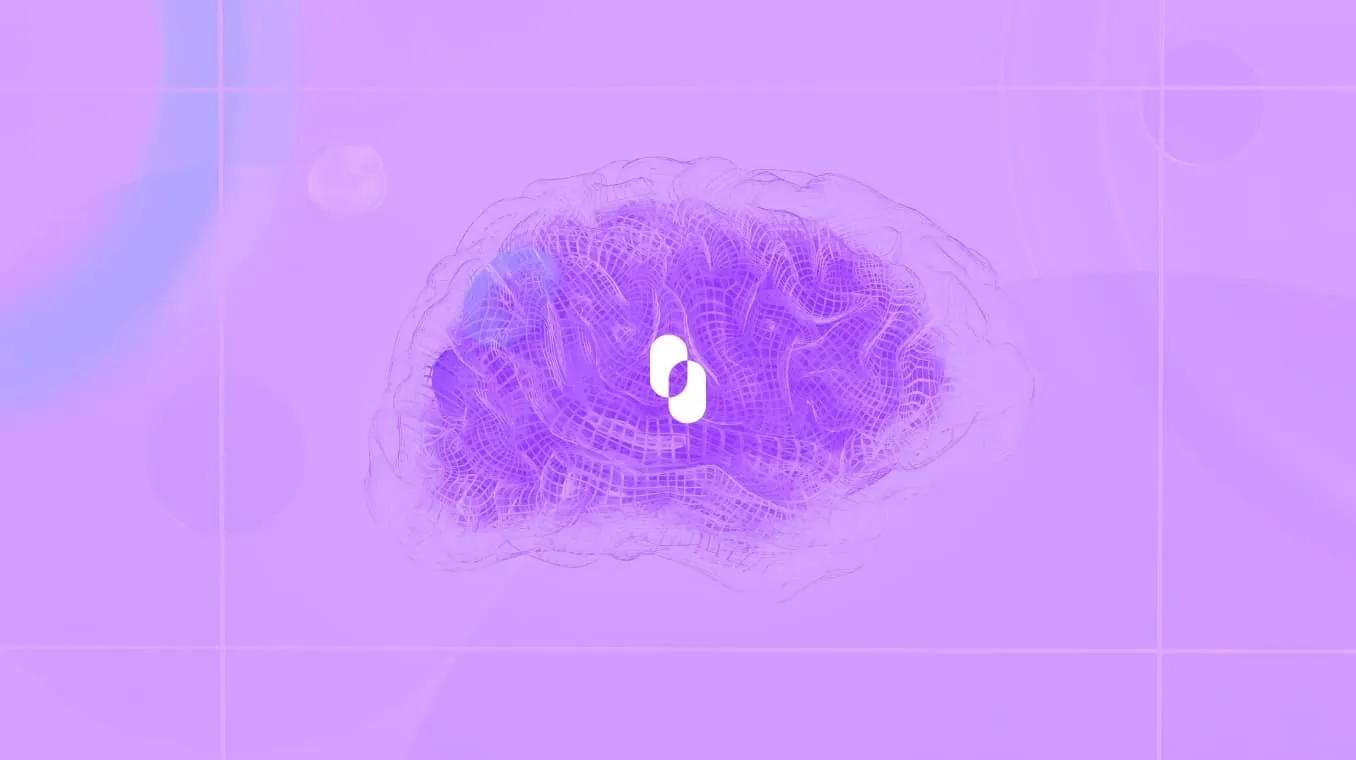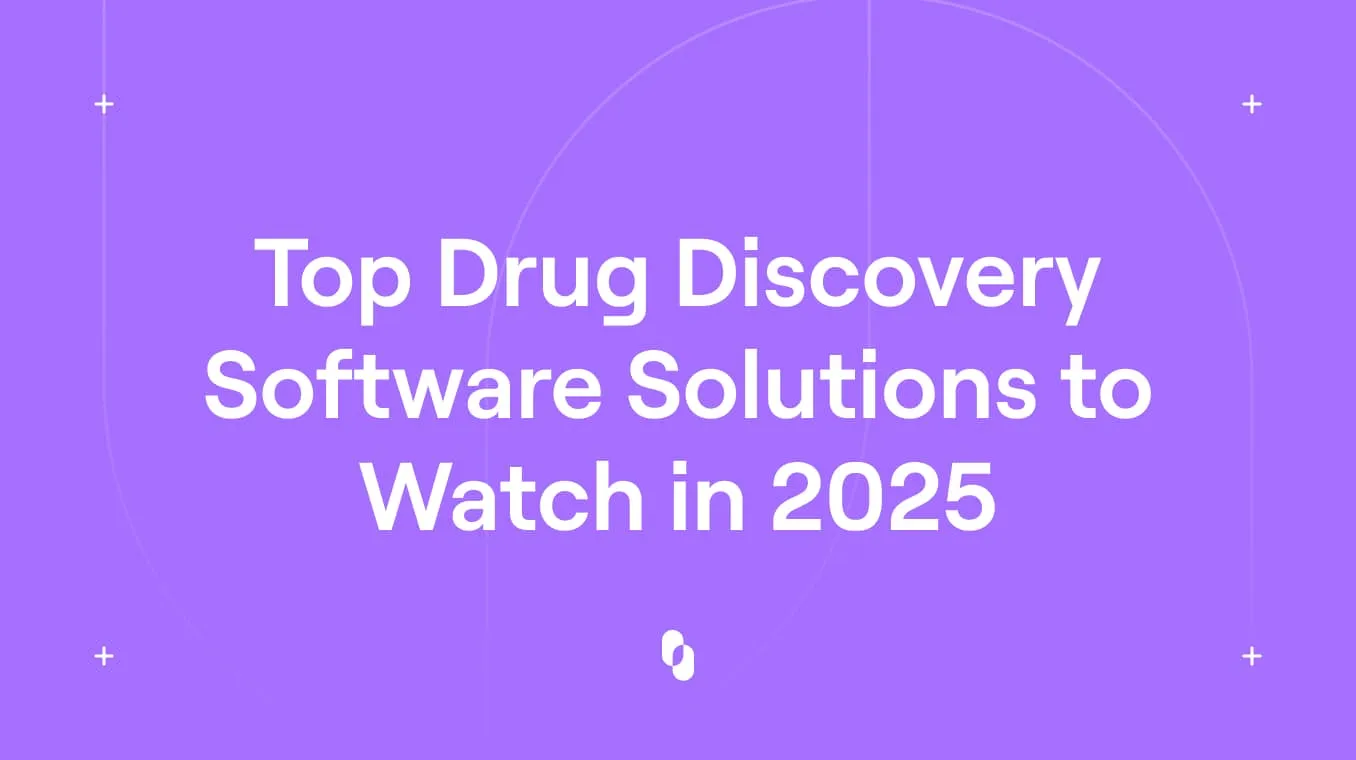Bridging Skepticism and Innovation: How AI Empowers Chemists in Drug Discovery
When introduced to the latest AI tool promising to revolutionise drug discovery, some seasoned chemists can’t help but feel a familiar skepticism and think, "I've seen these promises before. I don't believe in AI."
In the 1990s, the pharmaceutical industry was introduced to the "in silico revolution." For the first time, computational methods were poised to transform drug design. Researchers began using computer simulations to screen vast chemical libraries, aiming to identify potential drug candidates quickly and cost-effectively. The hype was palpable: claims of "10x faster development" and "1000x reduction in failed candidates" were commonplace. However, the complexity of biological systems presented formidable challenges. Early computational methods often failed to predict how molecules would behave in real-world biological environments. Promising candidates identified by “computers” frequently turned out to be ineffective in the lab. Chemists found themselves investing time and resources into pursuing these leads, only to face disappointment. This cycle of overpromise and underdeliver bred a deep skepticism toward computational approaches—a skepticism that persists today.
When seasoned chemists say, "I don't believe in AI," they're not rejecting data-driven decision-making or the value of learning from past experiments. Instead, they're expressing doubt about the overhyped claims that AI can replace the nuanced expertise and intuition that comes from years of hands-on experience. They've witnessed technologies touted as game-changers fail to live up to expectations. The concern is that AI might be another overpromised solution that diverts attention and resources from proven methods. But what if we shift our perspective on AI—not as an all-knowing entity poised to replace human expertise, but as a powerful tool designed to augment it? AI can serve as a framework for capturing and analysing vast amounts of data, presenting actionable insights that inform and enhance chemists' decision-making processes.
At DeepMirror, we've embraced this collaborative vision. Our AI engine suggests new molecules as potential drug candidates based on the specific chemistry of a drug programme. By analysing available experimental data, it predicts how each molecule could advance the programme and reduce the risk of failure in the clinic. For example, in a recent collaborative project with the Medicines for Malaria Venture (MMV), focused on developing a novel antimalarial drug, our AI engine analysed hundreds of molecular structures and, within an hour, suggested a promising new molecule that could address a risk of drug-drug interactions (DDI) that was prevalent in the lead series of compounds. MMV’s testing entities validated the suggested molecule, confirming the 10-fold reduction in DDI – a breakthrough that might have taken much longer to achieve without AI assistance.
Importantly, chemists using DeepMirror can also modify, improve, and build upon these AI-generated designs, effectively combining their expertise with data-driven insights. The AI doesn't replace the chemist; it empowers them to work more efficiently and creatively. When AI is framed as a collaborative partner, we observe a significant shift in attitudes. Chemists who were once skeptical become intrigued by the possibility of enhancing their work with AI. Unlike previous software that produced impractical or irrelevant suggestions, DeepMirror's AI engine offers novel ideas rooted in empirical data and aligned with the specific challenges chemists are trying to solve.
One of our users, for instance, initially hesitant about AI, decided to give DeepMirror a chance. They were surprised to find that the AI provided valuable insights into molecular modifications that complemented their own ideas. “That’s interesting," they remarked. "I didn’t think of that." This experience transformed their view on AI, seeing it not as a replacement but as a valuable collaborator.
We understand the valid concerns of experienced chemists. So, how do we invite the most skeptical scientists to join us on this journey and unlock the genuine potential of AI in drug discovery?
Addressing Overhyped Promises: Being transparent about AI's capabilities prevents unrealistic expectations. By demystifying AI and clarifying how it augments data analysis, we can rebuild trust and showcase its practical benefits.
Ensuring Relevant Suggestions: AI tools must offer practical, evidence-based recommendations rooted in existing data. By sharing success stories and tangible outcomes, we demonstrate the real-world value of AI, building confidence among chemists.
Enhancing Human Expertise: Rather than replacing chemists' critical thinking and intuition, AI should amplify it. By handling complex data processing, AI allows chemists to focus on creative problem-solving and innovation.
AI in drug discovery isn't a matter of belief; it's a practical approach to advancing science. By learning from every experiment, leveraging vast datasets, and combining them with human expertise, we can accelerate the pace of discovery. We invite chemists to explore AI tools like DeepMirror, engage in conversations about integrating AI into their workflows, and experience firsthand how this technology can impact their drug programmes. By bridging skepticism and innovation, we can create a future where AI and human expertise work hand in hand. Together, we can shorten the time from idea to patient impact, transforming drug discovery for the better.
.svg)


.svg)



.avif)

